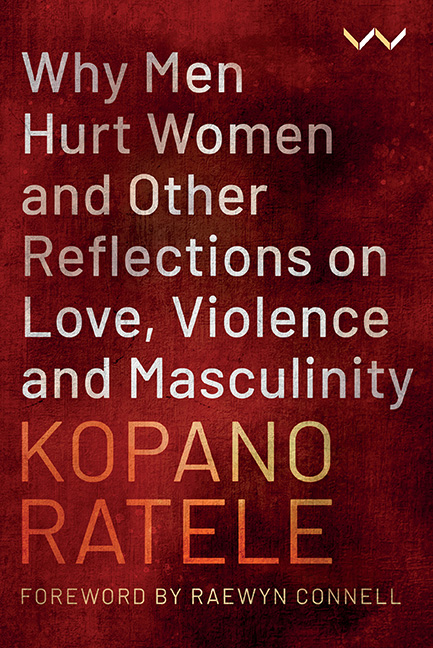33 - Baldwin was a full man
Published online by Cambridge University Press: 24 November 2023
Summary
It is common for societies to erect boundaries, one can even say invisible prison-like walls, around the identities they create. That is, there are invisible but real borders around identities such as adulthood, whiteness, South Africanness, manhood. By this I mean that if you are an adult, it is expected, even demanded, that you not behave like a child, even if child like behaviour may be good for your mental health. Or, if you are a white person, you are not supposed to behave like black people, whatever that means. It is therefore inevitable that a certain restrictiveness is built into masculinity as an identity. To be successfully masculine, meaning hegemonically so, you have to stay inside the prison walls, not act queer or feminine. In his essay on James Baldwin, Teju Cole writes about another kind of restrictiveness: the limitations imposed on black bodies by racism. To be more precise, the essay is about the time the gay black stranger, Baldwin, who was already famous, first went to a white town, Leukerbad in Switzerland, in 1951, where for two weeks he stayed at his lover Lucien Happersberger’s family chalet in a village up in the mountains and wrote the essay ‘Stranger in the Village’. While Cole, who obviously admires Baldwin, will not surrender the beauty of any great art, he seems puzzled by the writer’s self-abnegation in the face of the art of a Rembrandt, Dante, Bach, Shakespeare, or the cathedral at Chartres, because Baldwin understood that the blues are not below Bach. ‘But,’ writes Cole, ‘there was a certain narrowness in received ideas of black culture in the nineteen-fifties.’
This idea of a received restrictiveness applies so well to what we become as men, and not just to how we become black; that’s what I thought as I was reading Cole’s essay. True, I do not know when we are ever men and not part of a given culture. And from the other end, of course, there is never a moment when we are just part of a cultural group and not part of a gender group.
- Type
- Chapter
- Information
- Publisher: Wits University PressPrint publication year: 2022

